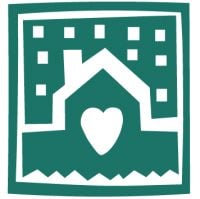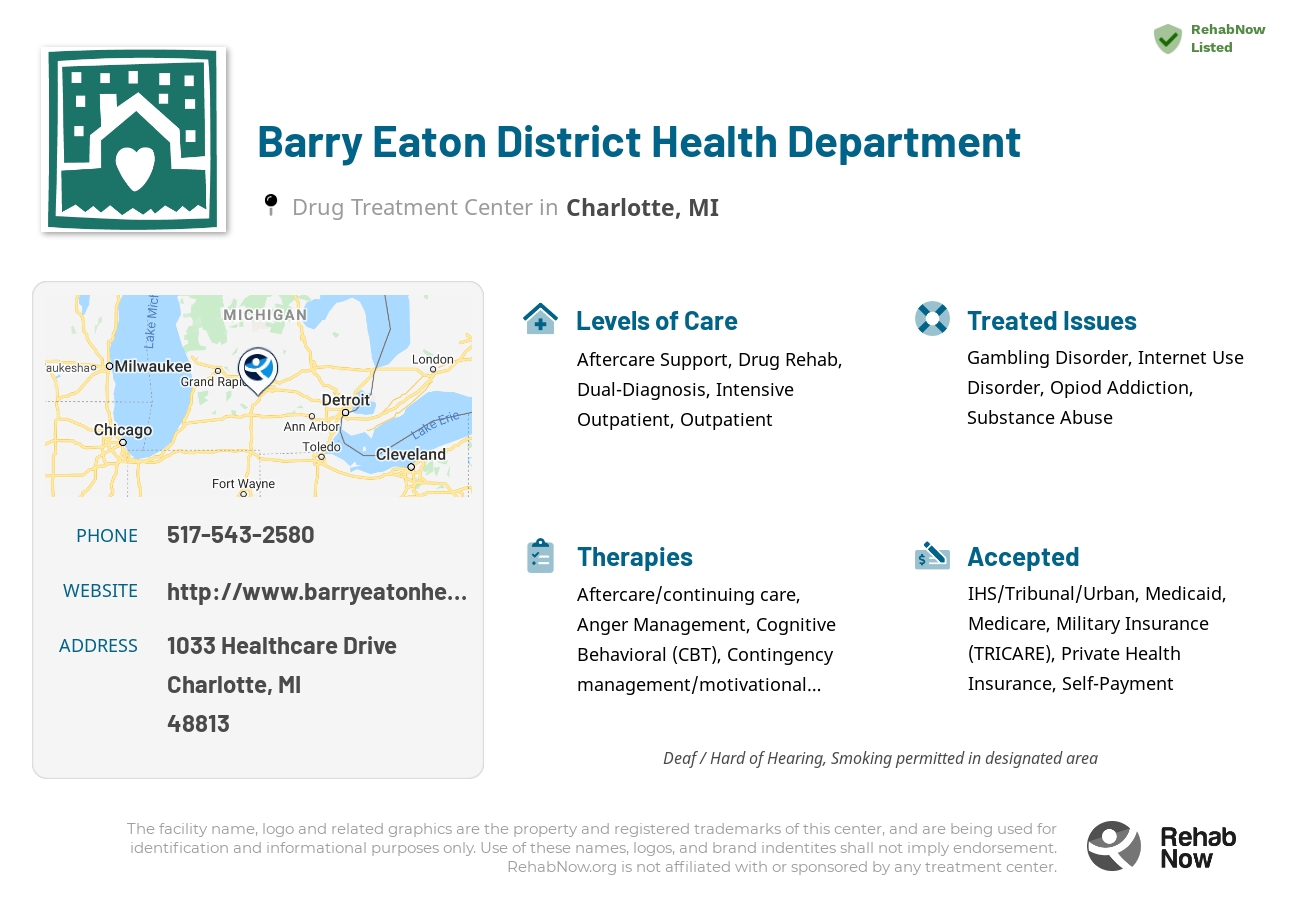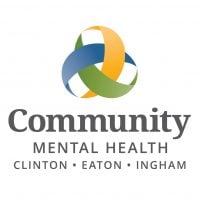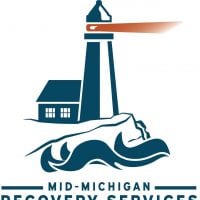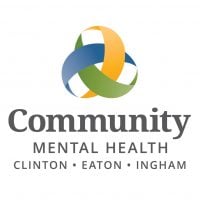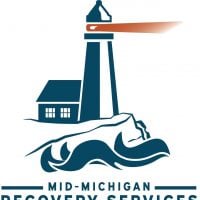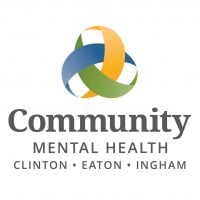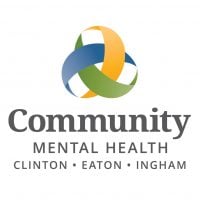Barry-Eaton District Health Department
Drug Rehab Center in Charlotte, Michigan
Barry-Eaton District Health Department offers comprehensive outpatient treatment programs for addiction and substance abuse, utilizing evidence-based practices and providing individualized support, referrals to community resources, and family counseling.
About Barry-Eaton District Health Department in Michigan
Barry-Eaton District Health Department is a government-funded organization located in Charlotte, Michigan. They offer a variety of healthcare services such as preventive care, mental health services, and communication assistance. Their goal is to promote healthier lifestyles for individuals and families in the local community. For those suffering from addiction and substance abuse, Barry-Eaton District Health Department provides comprehensive outpatient treatment programs. These programs incorporate evidence-based practices, such as cognitive-behavioral therapy, motivational interviewing, and relapse prevention, which are focused on helping individuals in their recovery journey.
Barry-Eaton District Health Department offers group and individual counseling sessions that are tailored to meet the individual’s specific needs. These sessions can address the social, emotional, and psychological problems that underlie addiction and substance abuse. The highly trained counselors are also able to provide referrals to community resources, such as housing and job training, as well as provide family counseling. Furthermore, they have recovery coaches/support specialists that provide individualized support as individuals work towards achieving their sobriety goals.
Barry-Eaton District Health Department has been accredited by the Joint Commission, a nationwide accreditation organization, since 2008. They have also been selected as the 2017 Substance Abuse Treatment Provider of the Year by the Michigan Department of Health and Human Services. In addition, they have obtained licenses and certifications from the Michigan Department of Health and Human Services and the Michigan Department of Transportation. They offer numerous support groups, activities, and educational classes, providing individuals with the tools and resources needed to maintain their sobriety.
Genders
Ages
Modality
Additional
Accreditations

CARF
The Commission on Accreditation of Rehabilitation Facilities (CARF) is a non-profit organization that specifically accredits rehab organizations. Founded in 1966, CARF's, mission is to help service providers like rehab facilities maintain high standards of care.
Conditions and Issues Treated
Opioid addiction starts when a person becomes addicted to legal or illegal opioids. The addiction can happen quickly, in just a matter of days. Opioid withdrawal can be extremely uncomfortable and lead the user to continue to use even if they want to quit. Stopping using an opioid requires medical observation. Sometimes inpatient treatment with a medically supervised detox is necessary for managing the withdrawal process while learning lasting tools for maintaining recovery. Medications may be used in some cases of opioid addiction.
Opioid addiction is one of Michigan‘s most prominent forms of addiction. It’s treated by detoxifying the body so that the chemicals from the medications no longer impact them and by therapies to correct behavior and target the root of the problem.
Recovery is not simply about stopping drug use. Recovery is working with addiction while recovering mental health issues that are fueling the addiction in the first place.
Levels of Care Offered
This center offers a variety of custom treatment tailored to individual recovery. Currently available are Aftercare Support, Drug Rehab, Dual-Diagnosis, Intensive Outpatient, Outpatient, with additional therapies available as listed below.
Addicts who need help with their addiction can enroll in an intensive outpatient program (IOP). But the patient won’t live there during treatment.
IOP involves patients visiting a medical office building regularly for therapy and other services while continuing to live their lives.
IOP is a step up from drug or alcohol detox, but it’s still a phase of recovery, not the end goal. Patients in need of IOP have many options for rehab and treatment.
Outpatient treatment is considered the lower intensity level of addiction treatment. It’s ideal for early phase addiction or lower intensity addictions. It may include weekly sessions instead of daily. It may include weekly sessions instead of daily. Peer group support, 12-step programs, and individual counseling may still be involved but at a lesser frequency than an intensive outpatient program. It is a good choice for someone who doesn’t need to go through a medically supervised detox and who has a supportive home environment. It requires motivation and dedication to commit to the program without constant monitoring.
Aftercare support should take place after outpatient treatment has ended. There are a few different types of aftercare support that patients can seek. These include 12 Step, Self-help groups (AA, NA), Therapeutic communities, Long-term, structured sober living arrangements, and Halfway houses (residential treatment centers).
Therapies & Programs
Individual therapy involves one-on-one sessions between the patient and therapist. It provides patients with a safe environment to openly discuss personal and sensitive issues with the therapist. They find the therapist as someone they can trust. Individual therapy aims to identify the core issues that would have led the patient to substance abuse and address them effectively. The therapist can develop patient-specific customized solutions through individual therapy, which aids speedier recovery.
Couples therapy works with clients and significant others in a professional capacity to improve relationship dynamics. This can be helpful for addicts who are trying to marry the idea of recovery into their work, family, social lives – any aspect that has to do with relationships.
Through counseling sessions, addicts will have an opportunity to talk about their addiction with professional partners. These partners can offer feedback and advice on how to get sober while keeping healthy relationships intact. A good couples therapist will help addicts understand their part in an unhealthy relationship dynamic or find ways to deal with anger or resentment from significant others outside of the home.
Family therapy is a group problem-solving that aims to improve communication and relationships between the addict, their family, and sometimes friends. The main goal of family therapy for drug addiction is to create an environment where communication can occur without judgment, hostility, or blame. The therapist is with the family as they learn to communicate differently, especially with the addict when s/he is using. The family can learn to reduce their enabling behavior or rally together and support each other during tough times.
An addict’s family can play a vital part in helping them to avoid relapse because they can spot the warning signs and help them get back on track before it becomes too much of a problem. Family therapy is one of the most effective ways to help addicts stay on the path to long-term sobriety. When a drug addict decides that they want to try and get sober, it takes the support of every person they love to succeed. It can be incredibly difficult for loved ones to watch an addict go through the pain and suffering of withdrawal, but by being there with them and supporting them, they can help to make sure that the addiction never returns.
Groups typically involve meetings with other recovering addicts who can relate to one another’s experiences. They might meet in person or online and typically focus on the process of staying sober rather than overcoming a specific addiction.
In these groups managed by Barry-Eaton District Health Department, addicts can build a sense of community and develop strong emotional connections with others who understand what they are going through. These beneficial relationships can help addicts overcome their cravings and prevent relapse at any point during the recovery process.
In general, trauma therapy is a clinical process that helps individuals deal with mental stress often caused by traumatic events. The therapist helps the person identify, understand, and work through the problem. This is done with the help of talking about it in group or one-on-one counseling sessions. Therapists use relaxation, role-playing, art, and music to help the person open up about what is bothering them.
There are many different types of trauma therapists, such as psychiatric nurses and counselors. Not everyone is a good candidate for this type of therapy; it is generally reserved for people who have recently experienced a traumatic event and struggle to get over it. It is often done for children, teenage victims of sexual assault, and war veterans.
There is hope for people who are addicted to drugs and alcohol. Cognitive Behavioral Therapy (CBT) is the solution. CBT focuses on the underlying thoughts and behaviors that caused the addiction problem in the first place and may cause a relapse. This type of psychotherapy addresses negative feelings common in substance abuse disorders. It helps to change them by restructuring thought patterns. It’s about removing negative thoughts and providing long-term benefits while promoting self-awareness, self-control, and healthy ways to respond to negative thoughts. These sessions can be done by themselves or as part of combination therapy.
Payment Options Accepted
For specific insurance or payment methods please contact us.
Is your insurance accepted?
Ask an expert, call (888) 674-0062
Additional Details
Specifics, location, and helpful extra information.
Charlotte, Michigan 48813 Phone Number(517) 543-2580 Meta DetailsUpdated November 25, 2023
Staff Verified
Barry-Eaton District Health Department Patient Reviews
There are no reviews yet. Be the first one to write one.
Charlotte, Michigan Addiction Information
Michigan has the second-highest rate of drug and alcohol abuse in the nation. Heroin is linked to more than 50% of the state's hepatitis C cases. Marijuana is the drug most often associated with crimes in Michigan, followed by methamphetamines. Opioids alone are responsible for almost 20% of all drug overdose deaths in Michigan.
Unfortunately, the drug addiction problem in Charlotte, Michigan, is extremely bad. According to recent statistics, approximately 1,000 people in Charlotte are addicted to drugs, and another 2,000 are abusing drugs. This means that about 7% of the population in Charlotte is dealing with some drug addiction or abuse problem. Detox facilities provide a safe and supportive environment for people struggling with addiction and who want to quit using drugs.
Treatment in Nearby Cities
- Gaylord, MI (169.5 mi.)
- Benzonia, MI (154.6 mi.)
- Grand Blanc, MI (66.2 mi.)
- Mio, MI (147.7 mi.)
- Capac, MI (101.4 mi.)
Centers near Barry-Eaton District Health Department
The facility name, logo and brand are the property and registered trademarks of Barry-Eaton District Health Department, and are being used for identification and informational purposes only. Use of these names, logos and brands shall not imply endorsement. RehabNow.org is not affiliated with or sponsored by Barry-Eaton District Health Department.
